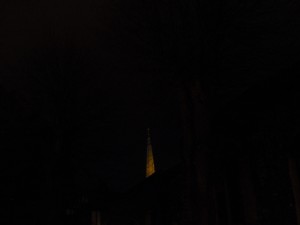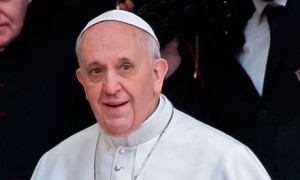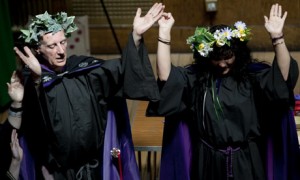 Vermont may be a lefty sort of place, but occasionally it gets some things right. MSNBC reports:
Vermont may be a lefty sort of place, but occasionally it gets some things right. MSNBC reports:
After 10 years of emotionally-charged debate, Vermont became the first state in the country to pass a doctor-assisted suicide bill through the legislative process. Governor Peter Shumlin signed the “Patient Choice and Control at End of Life Act” into law Monday allowing physicians to prescribe a lethal dose of medication to dying, mentally competent patients who want to end their lives. This would apply only to residents of the state.
“Vermonters who face terminal illness and are in excruciating pain at the end of their lives now have control over their destinies. This is the right thing to do,” said Gov. Shumlin, a Democrat.
Three other states have similar “death with dignity” laws on the books. Oregon and Washington enacted these laws through ballot measures. In Montana, a court ruling made it legal in 2009. Similar to Oregon and Washington, the new Vermont law provides built-in safeguards to make sure these patients meet certain requirements and that they are of sound mind. For the next three years, sick patients must formally make the request at least three times. And the patient’s primary care doctor and a consulting physician must agree with the diagnosis that the person is, in fact, terminally ill and able to make an informed decision. The Health Department will get reports from doctors on how many patients they prescribed lethal drugs. After July 1, 2016, Vermont won’t require as much monitoring and reporting under the law.
According to the AP, Vermont Health Commissioner Dr. Harry Chen estimated doctors will write between 10 and 20 lethal prescriptions a year, but not as many patients will go through with the process and actually take the lethal drugs…
Over at the Wall Street Journal Paul McHugh complains about this modest measure in an unconvincing article that is childish:
And then there is this talk about “death with dignity,” as the Oregon and Washington laws are titled. Surely what we want is “life with dignity.” Seeking life, we’re ready to endure much in order to keep it going. Think of the life-saving and life-preserving colonoscopy—all dignity drops with your trousers.
And comes complete with guilt-by-association:
For you see, the terminators ultimately are not merely interested in killing people who are suffering the throes of a final illness. They have even others in mind, as history tells us. The drive to allow doctors to “assist” in suicide is not recent. Its roots are in the Progressive era of the early 20th century, when many Americans placed utter confidence in reform and in technocratic elites. Then the enthusiasts for euthanasia lined up with those clamoring for government intervention in the name of eugenics and population control.
And, well, this:
Another argument for physician-assisted suicide is that many patients with cancer live too long in pain. The suffering could be reduced if their legitimate wish for death were fulfilled. These are the arguments pressed by Dr. Timothy Quill and many in the Oregon “death with dignity” group.
But scientific publications from oncologists such as Kathleen Foley, who studies patients with painful cancers, reveal that, quite to the contrary, most cancer patients want help with the pain so they can continue to live. Suicide is mentioned only by those patients with serious but treatable depressive illness, or by those who are overwhelmed by confusion about matters such as their burden on loved ones and their therapeutic options. These patients are relieved when their doctors attend to the sources of their psychological distress and correct them.
The simple (and encouraging) answer to that is that a huge majority of cancer patients do indeed choose to live on, and, yes, proper counseling and treatment for depression can encourage them to make that choice.
That said, there are doubtless some terminal patients who—quite rationally—decide that enough pain is enough, and that it’s time to move on. The Vermont law will help some such individuals reassert, one last time, control over the lives that are theirs, and theirs alone.
In a 2002 New York Times piece, Dr. McHugh (a Roman Catholic) was described as “religiously orthodox, politically liberal (he is a Democrat) and culturally conservative”. The latter is an infinitely debatable term. If we look, however, at the other two attributes listed– religious orthodoxy and political liberalism—it’s not hard to see why respect for individual liberty ranks so very low on his list of priorities.
 The Welsh poet R.S. Thomas was an Anglophobic Anglican vicar with a hatred of modernity, but he can be forgiven a lot for the first four lines of his poem, The Empty Church, singled out in this recent article in the Spectator by Peter Conradi:
The Welsh poet R.S. Thomas was an Anglophobic Anglican vicar with a hatred of modernity, but he can be forgiven a lot for the first four lines of his poem, The Empty Church, singled out in this recent article in the Spectator by Peter Conradi:





